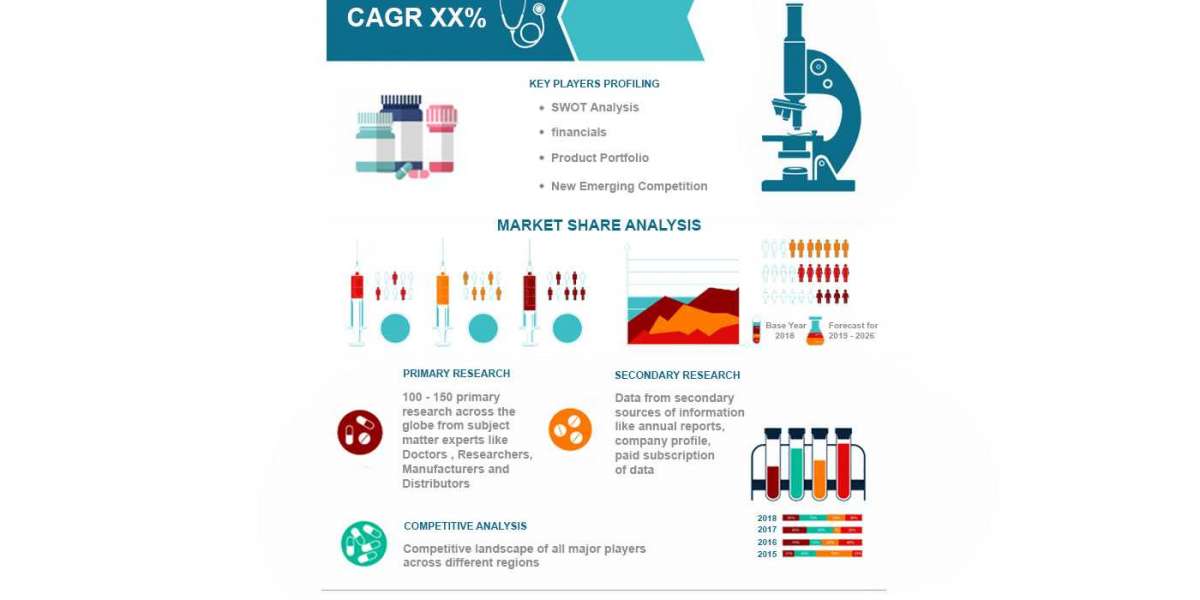In the modern workplace, leadership development is not just about honing the skills necessary to guide a team but about creating a culture of continuous improvement and open communication. 360 degree surveys have emerged as a transformative tool in this landscape, offering a multifaceted view of leadership effectiveness that goes beyond traditional evaluation methods. This comprehensive guide explores the profound impact of 360 surveys on leadership improvement, providing valuable insights for HR professionals, organizational development experts, and leadership coaches committed to empowering leaders and enhancing employee engagement.
The Foundation of 360-Degree Feedback
At its core, a 360-degree survey is designed to gather feedback from all directions: superiors, peers, subordinates, and even clients or external partners, in addition to the self-assessment of the leader in question. This all-encompassing approach ensures a well-rounded perspective on a leader's performance, behaviours, and impact. By leveraging such diverse feedback, leaders gain a deeper understanding of their strengths and areas for development, enabling targeted personal and professional growth.
Enhancing Self-Awareness Among Leaders
One of the primary benefits of 360 surveys is the enhancement of self-awareness in leaders. By receiving feedback from multiple sources, leaders can compare their self-perception with how others perceive them, uncovering blind spots and reaffirming strengths. This increased self-awareness is the first step toward effective leadership improvement, as it lays the groundwork for genuine development efforts.
Fostering a Culture of Open Feedback
Implementing 360 surveys does more than provide insight into individual leadership styles; it also cultivates a feedback-rich environment within the organization. When leaders participate in 360 reviews, it signals a commitment to transparency, humility, and continuous learning. This openness encourages a more general culture of feedback where employees at all levels feel valued and heard, directly influencing engagement and satisfaction.
Driving Leadership and Organizational Development
The insights garnered from 360 surveys catalyze both leadership and organizational development. For leaders, the feedback highlights specific areas for improvement, guiding personal development plans, coaching opportunities, and training initiatives. Organizationally, aggregated data from 360 reviews can reveal trends and patterns in leadership strengths and weaknesses, informing broader leadership development strategies and succession planning.
Enhancing Employee Engagement and Retention
Leaders play a critical role in driving employee engagement and retention, and their effectiveness is significantly enhanced by the insights from 360 surveys. Effective leaders who understand their impact on their teams and continuously strive to improve contribute to a positive organizational culture. This, in turn, boosts employee morale, engagement, and loyalty, as employees feel more supported, understood, and motivated.
Strengthening Decision-Making and Problem-Solving
360-degree feedback provides leaders with a comprehensive understanding of their decision-making and problem-solving styles from multiple perspectives. This awareness allows leaders to refine their approach, considering the diverse needs and perceptions of their stakeholders. Improved decision-making and problem-solving skills not only enhance leadership effectiveness but also contribute to better organizational outcomes.
Navigating the Challenges of 360 Surveys
While the benefits of 360 surveys are manifold, their implementation is not without challenges. Ensuring anonymity, encouraging honest and constructive feedback, and providing leaders with the support needed to interpret and act on the feedback is critical to the process. Moreover, organizations must be prepared to address the emotional and practical implications of the feedback, facilitating a constructive path forward for each leader.
Leveraging Technology for Effective 360 Surveys
Advancements in HR technology have streamlined the administration of 360 surveys, offering platforms that ensure confidentiality, ease of use, and comprehensive analysis. These tools not only simplify the process of collecting and aggregating feedback but also provide leaders and HR professionals with actionable insights through dashboards, trend analysis, and personalized reports.
Conclusion
360 degree surveys represent a pivotal shift in the landscape of leadership development, offering a nuanced and comprehensive approach to understanding and improving leadership effectiveness. By embracing these tools, organizations can foster a culture of continuous improvement, open communication, and mutual respect. In doing so, they not only enhance the capabilities of their leaders but also drive organizational success, employee engagement, and retention. As the business world continues to evolve, the importance of adaptable, self-aware, and responsive leadership has never been clearer. Through the strategic use of 360 surveys, organizations can ensure their leaders are equipped to meet the challenges of today and tomorrow, steering their teams toward unparalleled success.









